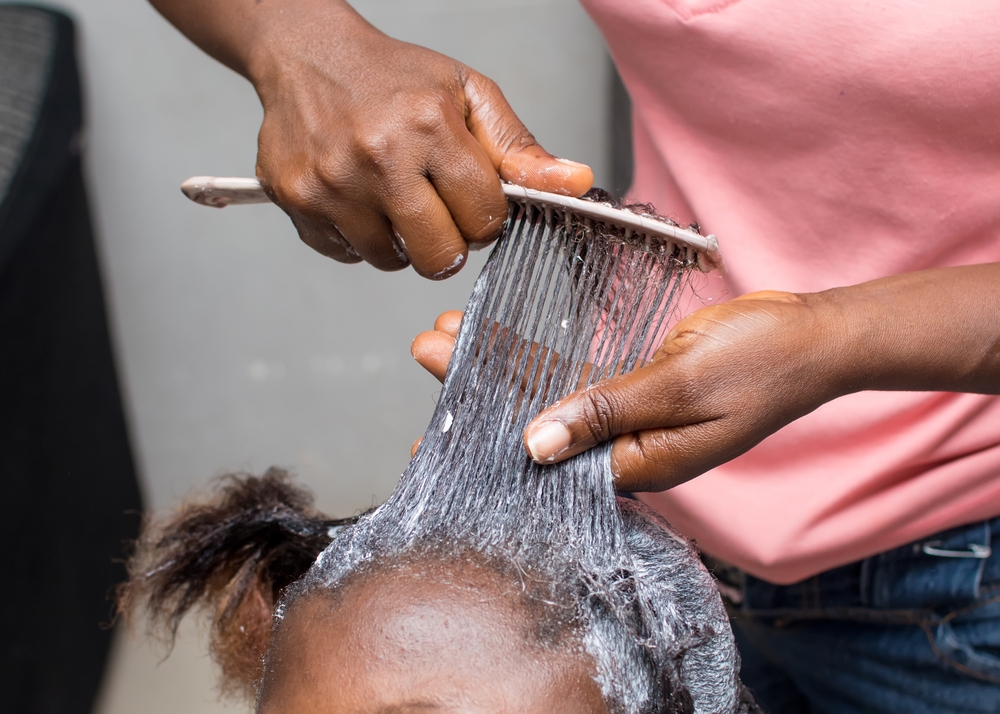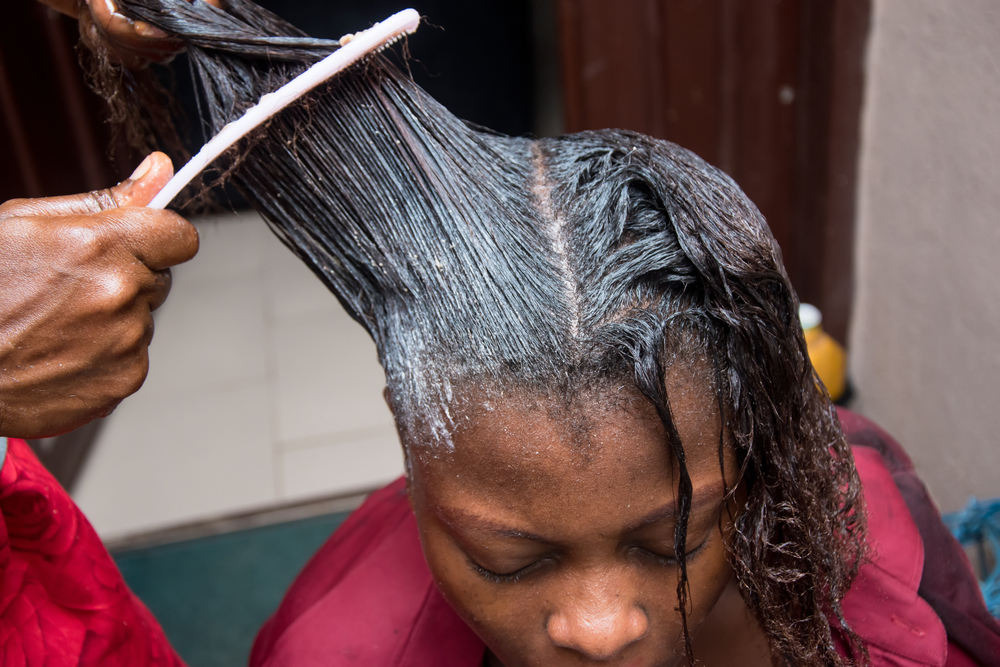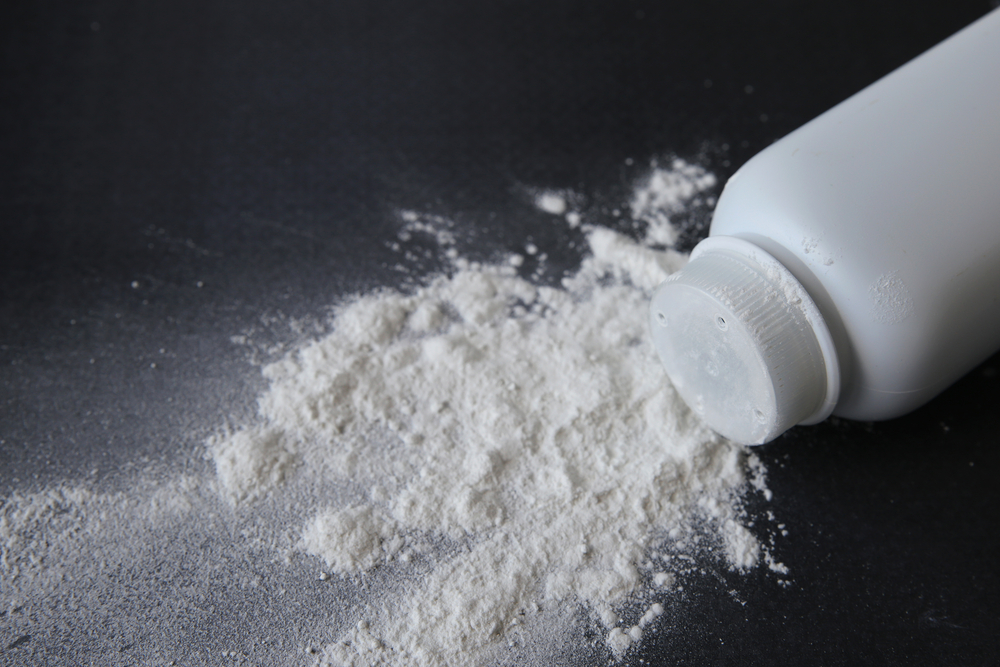Please Note: CSS Firm is not currently accepting Risperdal claims. This article is intended for informational purposes only.
Product liability risk is typically one of the largest risks that a medical device manufacturer faces, and major players like Johnson & Johnson, Stryker, Abbott Laboratories, and Medtronic have faced numerous lawsuits in the past, some of which are still pending.
2016 litigation payouts for J&J totaled a little more than $1.4 billion, and going forward, the company faces approximately thousands more lawsuits related to its products and likely more costly verdicts as well.
According to Johnson & Johnson’s 2016 Annual Report, as of January 1, 2017, the company faced over 65,000 pending lawsuits connected to injuries allegedly due to multiple products:
• DePuy ASR XL Acetabular System and DePuy ASR Hip Resurfacing System (2,000 claims combined into multidistrict litigation in the Northern District of Ohio)
• PINNACLE Acetabular Cup System (9,400 claims consolidated in the Northern District of Texas)
• Pelvic mesh (54,800 claims consolidated in the Southern District of West Virginia)
• Risperdal (18,500 claims primarily filed in state court in Pennsylvania, California, and Missouri)
• Johnson’s Baby Powder (3,100 claims primarily filed in state court in Missouri, New Jersey, and California; federal claims have been consolidated in multidistrict litigation in New Jersey)
Johnson & Johnson also faces numerous product liability, personal injury, and class action claims outside of the U.S. in the United Kingdom, the Netherlands, Belgium, Italy, Venezuela, Israel, Australia, and Canada.
In August 2010, DePuy Orthopaedics, Inc. announced a worldwide voluntary recall of its ASR™ XL Acetabular System and DePuy ASR™ Hip Resurfacing System used in hip replacement surgery. In 2013, J&J stopped selling its Pinnacle devices after patients began to report adverse effects and failure of the device. At that time, more than 10,000 lawsuits had been filed against the company.
Other Defective Products News
If you develop cancer or a condition associated with chemical straighteners, it’s important to know your legal options and how to proceed.
There is substantial evidence that hair relaxers increase the likelihood of certain cancers. In addition to uterine cancer, there are also links between hair relaxer products and ovarian cancer.
If you have been diagnosed with cancer after regularly using hair relaxer products, you could have a claim for compensation against the manufacturer even if you have underlying health conditions.
Proving legal damages after using hair relaxers can be challenging, but an experienced dangerous and defective product attorney can evaluate your claim to determine if you meet certain criteria to prove damages and recover compensation.
Understanding how to bring a talcum powder case starts with a free consultation—get the answers you need.
Determining eligibility for a talcum powder lawsuit involves several factors, and guidance from our experienced attorneys can make all the difference.







